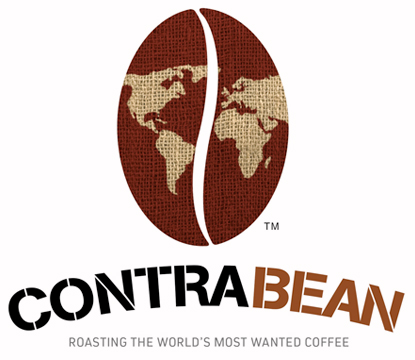We have two Washed Bourbon coffees from Burundi as part of our initial offerings. These two coffees were sourced for us by TGEP Inc., a Montreal based Canadian company that specializes in the selection and importation of Arabica coffees from Burundi.
Burundi is a small, land locked country in East Africa, located between Kenya and Tanzania to the east and south, Lake Tanganyika to west and Rwanda to the north.

Coffee first came to Burundi in the 1920s when Burundi was under Belgian colonial rule. Coffee production was privatized in 1962 when Burundi gained it's independence, but when the political climate changed in 1972, coffee growing was once again brought under government control. However, since 1991, coffee growing has been slowly returning to the private sector, though the civil war in 1993 caused a huge drop in production. Since that time, Burundi has been making efforts to increase the production and value of coffee.
There are no coffee estates in Burundi. Rather, the majority of coffee is grown by a large number of subsistence farmers. About 650,000 to 800,000 families in this small country of only 9 million people, grow or are involved with coffee; it accounts for approximately 80 percent of Burundi's export revenue. Almost all of the coffee grown is Arabica is of the Bourbon variety. Most farms have between 50 and 250 trees, only enough for a couple bags of coffee in total. The coffee, once picked, has to be rushed to the local washing station. There are approximately 160 washing stations in Burundi; most (2/3s) are under state ownership. Several hundred and up to 2,000 farmers bring their coffee to each washing station.
The overall quality of the coffee in Burundi, particularly in the northwestern hills, is high and improving steadily as premiums for top quality are being paid to farmer members of each washing station. Since coffee marketing legislation was enacted in 2008, Burundi has begun to embrace the specialty coffee sector, and direct sales contracts became permitted between Burundian producers and international coffee buyers, roasters and importers. Further, the legislation permits the payment of a quality premium to those responsible for producing "specialty" coffee (producers, washing station management teams and dry millers). Coffee must be harvested only when ripe and be processed promptly. This follows a similar model in Rwanda where coffee quality has also seen major improvement in recent years.
Since 2011 when there was a coffee quality competition in Burundi called the Prestige Cup, lots from individual washing stations have been kept separate, ranked for quality and sold with their traceability intact.
Our offerings from Burundi (Kinyovu Microlot and Kanovera Fairtrade) show the tremendous potential for interesting, high quality coffees. These coffees have complex berry fruit flavours and a great juicy quality.

Leave a comment